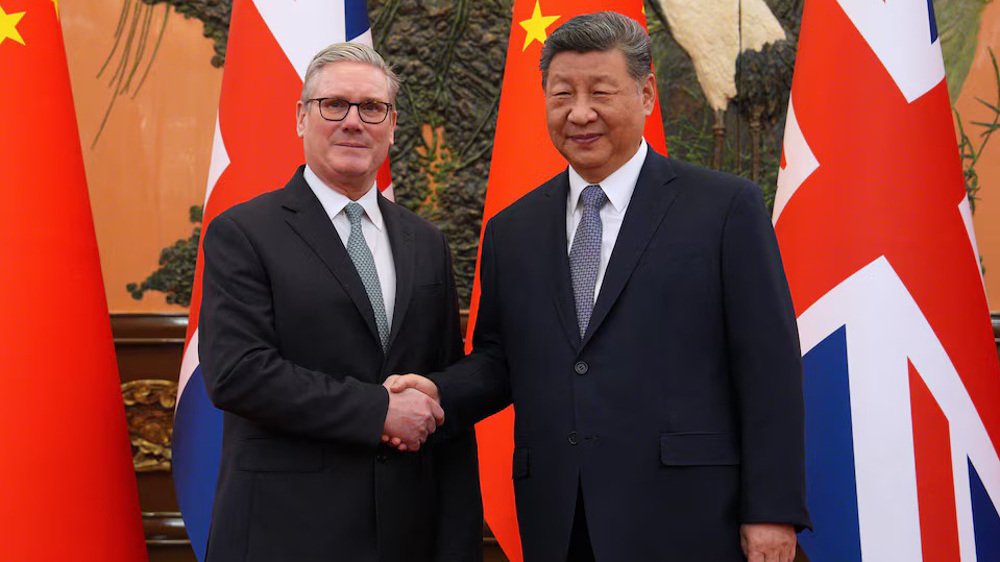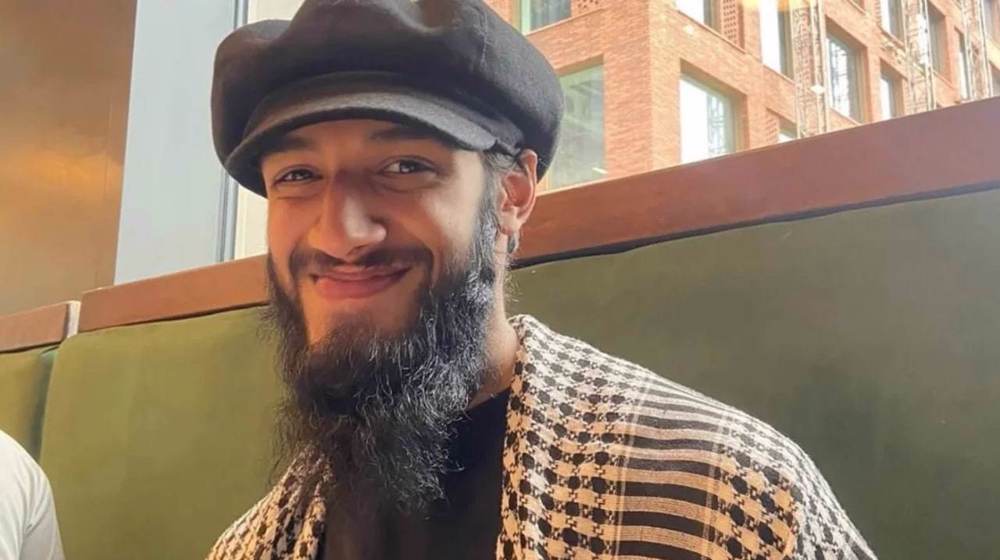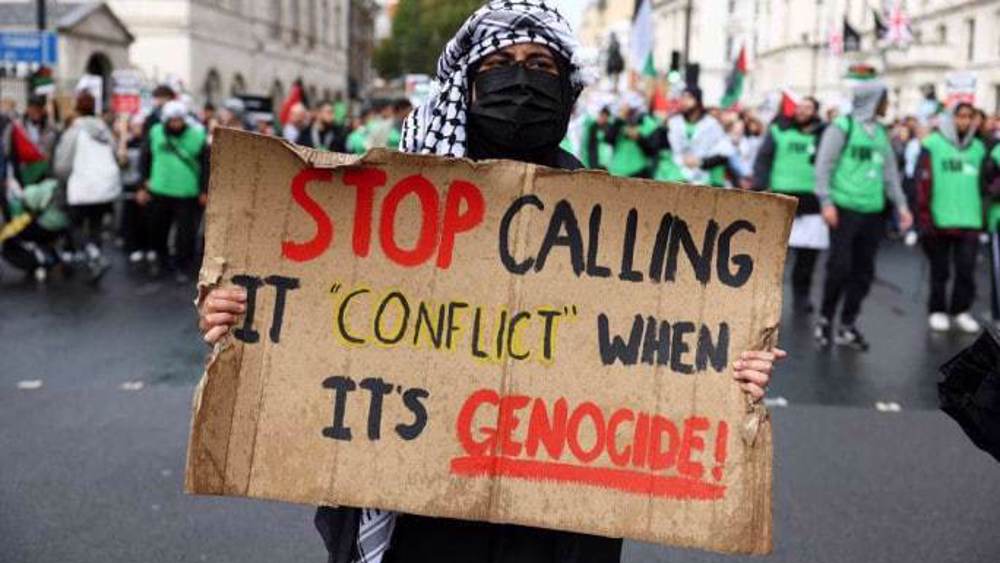Loyalist marches banned for fear of sectarian clashes
Glasgow City Council bosses have moved quickly to ban marches this weekend following online and offline agitation by Loyalist gangs.
According to multiple media reports, four Loyalist marches and an Irish Republican parade scheduled for the weekend are subject to the ban.
According to the Scotsman (one of Scotland’s leading newspapers) the decision to ban the marches was taken on Wednesday, September 11, following a council meeting.
The bans follow sectarian clashes, instigated by Loyalist groups, at three Irish Unity parades in the past two weeks.
Two weeks ago, an Irish Unity march organized by the James Connolly Republican Flute Band in the Govan district of Glasgow descended into full-scale rioting after it was attacked by Loyalist gangs.
Similarly, last Saturday, Loyalist groups tried to attack two Irish Unity marches but the level of disruption was less severe because of the preparedness of Police Scotland, who deployed forces in riot gear and on horseback.
Dismayed by Glasgow City Council’s decision, “hundreds” of pro-Loyalist demonstrators staged a protest outside Glasgow City Council today.
The protest was organized by the self-styled Scottish Protestants Against Discrimination Group (SPADG). The SPADG is affiliated to the Orange Order, the main pillar of the Loyalist community.
Justifying the decision to ban the marches, Glasgow City Council leader, Susan Aitken, said the violence and destruction on Glasgow’s streets over the past two weekends were “simply unacceptable”.
"It is not sustainable or desirable to constantly have 400-plus officers in full public order gear on the city streets every weekend", Aitken said.
Although one Republican parade is subject to this weekend’s ban, Aitken’s decision can be construed as a victory for the Republican movement as so many important Loyalist marches have been proscribed.
The tough position set out by Glasgow City Council follows an intervention by Scotland’s First Minister, Nicola Sturgeon, who condemned the Loyalist counter-demonstration in Govan two weeks ago as “sectarian disruption”.
The Irish Unity marches in Glasgow over the past two weekends have intersected with Scottish politics, where the pro-independence Scottish National Party (to which both Sturgeon and Aitken belong) is widely seen by Loyalists and some Scottish Tories as sympathetic to the Irish Republican movement.
Iran FM: EU’s blacklisting of IRGC a ‘major strategic mistake’
EU blacklists IRGC in legally flawed move irrespective of consequences
VIDEO | Press TV's news headlines
VIDEO | Afghanistan opens first specialized cancer hospital
Trump officials held secret talks with Canadian separatist group: Report
VIDEO | Pakistan’s legal community condemns UNHRC anti-Iran resolution
Resistance groups announce volunteer recruitment to defend Iran
Indians rally to condemn Trump's threats against Ayatollah Khamenei










 This makes it easy to access the Press TV website
This makes it easy to access the Press TV website